Essentials of Valid Acceptance
According to Section 2(b) of the Indian Contract Act 1872, acceptance is the act of expressing assent to a proposal made by another person. When the person to whom the proposal is made agrees to the terms without any conditions, the proposal is accepted. Upon acceptance, the proposal becomes a promise, which is binding and cannot be revoked.
Example: Suppose Rohan offers to buy Priya's horse for 1 lakh rupees. If Priya agrees to the offer and consents to sell the horse for the specified amount, this acceptance turns the offer into a promise. At this point, both parties are legally bound by their respective obligations.
Valid Acceptance: Sections 7 and 8 of the Indian Contract Act, 1872
Section 7: Absolute Acceptance
- Absolute and Unqualified Acceptance: For an acceptance to be valid, it must be absolute and unqualified. This means the offeree must accept the terms of the offer exactly as they are, without modifications. Any changes to the terms or conditions turn the acceptance into a counter-offer, not binding on the offeror.
- Specified Manner of Acceptance: If the offer specifies a particular method for acceptance (e.g., email, fax), then the offeree must use that method. If the offeree uses a different method, the offeror can reject the acceptance unless they waive the requirement.
Section 8: Acceptance by Performance
- Acceptance Without Explicit Communication: Acceptance can occur through the performance of the conditions set out in the offer. This means that the offeree's actions, consistent with the offer's terms, can signify acceptance without explicit communication. For instance, if a company offers to pay for a service, and the service provider starts performing the service, this constitutes acceptance.
Essentials of a Valid Acceptance
- 1. Acceptance Without Conditions
No Modifications Allowed: Acceptance must be unequivocal and without conditions. If the offeree tries to modify the offer, it constitutes a counter-offer, not an acceptance.
Example: If Mr. Ramesh offers to sell his car to Mr. Suresh for 5 lakh rupees and Mr. Suresh accepts but requests to pay in installments, the original offer is no longer valid.
Case Example: Trollope & Colls Ltd. v. Atomic Power Constructions Ltd. (1963) - The court decided that a contract was invalid if the parties had not agreed on all essential terms. In this case, the ongoing negotiations indicated that there was no complete agreement, making the contract unenforceable.
- 2. Intention to Fulfill the Promise
Genuine Intent Required: The offeree must genuinely intend to fulfill the promise made in the acceptance. If they lack the intent, the acceptance is not valid.
Example: If Mr. Kumar agrees to sell his house to Mr. Patel, knowing he does not own the house, the acceptance is invalid due to the lack of genuine intent.
- 3. Communication of Acceptance
Must Be Communicated: The acceptance must be communicated to the offeror. Silent or implicit consent is insufficient; there must be an action or statement showing agreement.
Case Example: Brogden v. Metropolitan Railway Company (1877) - In this case, Brogden had been supplying coal to the Metropolitan Railway Company without a formal contract. When a formal contract was drafted and sent to Brogden for approval, he made some changes and returned it, but there was no formal communication of acceptance. However, both parties continued to conduct business as usual. When a dispute arose, the question was whether a valid contract existed. The court ruled that the conduct of both parties, continuing business as usual, constituted acceptance of the terms, thereby forming a binding contract. This case established that acceptance could be inferred from the conduct of the parties.
- 4. Acceptance in the Prescribed Mode
Follow Specified Method: If the offer specifies how acceptance must be communicated, the offeree must adhere to that method. Deviation from the specified method can render the acceptance invalid unless the offeror waives this requirement.
Example: If Mr. Kapoor offers to sell his bike to Mr. Singh and specifies that acceptance must be sent via email, sending a response via WhatsApp would not constitute valid acceptance.
- 5. Silence is Not Acceptance
Cannot Assume Acceptance: An offeror cannot assume acceptance from the offeree's silence. There must be an explicit act or statement indicating acceptance.
Case Example: Felthouse v. Bindley (1862) - The complainant, Mr. Felthouse, discussed buying a horse from his nephew, Mr. Bindley. Mr. Felthouse wrote a letter stating that if he didn't hear back, he would consider the horse sold. The nephew did not respond, and later, the horse was sold to another party. Mr. Felthouse sued, claiming the horse was his. The court ruled that silence does not amount to acceptance. The nephew's failure to respond could not be considered acceptance, and thus no contract was formed. This case established that silence cannot be considered as acceptance in contract law.
- 6. Communication Within the Prescribed Time
Timely Response Required: The acceptance must be communicated within the time frame specified in the offer or within a reasonable time if no time is specified.
Example: If Mr. Sharma offers to sell his property to Mr. Verma and asks for acceptance within one month, Mr. Verma must respond within that period. If Mr. Verma responds after the specified time, the acceptance may not be valid.
- 7. No Acceptance Prior to the Offer
Must Be Post-Offer: Acceptance cannot precede the offer. A valid offer must exist before acceptance can occur.
Case Example: Lakshman Shukla v. Gauri Dutt (1913) - In this case, Gauri Dutt's nephew was missing, and he asked his servant, Lakshman Shukla, to search for him. While searching, Dutt announced a reward for anyone who found the boy. Shukla found the boy without knowing about the reward. Later, when Shukla learned about the reward, he claimed it. The court ruled that since Shukla was unaware of the offer when he performed the act, there was no contract. For a valid contract, the offeree must know about the offer while performing the act.
- 8. Acceptance by the Offeree or Authorized Agent
Must Be the Right Person: Acceptance must come from the offeree or their authorized agent. If someone else accepts the offer, no contract is formed.
Case Example: Powell v. Lee (1908) - Powell applied for a headmaster position, and the School Board decided to appoint him. However, the acceptance was not officially communicated by an authorized member of the board. Instead, Powell heard about it informally. Later, the Board appointed someone else, and Powell sued for breach of contract. The court held that since the acceptance was not communicated through an authorized channel, there was no valid acceptance and hence no contract.
- 9. No Acceptance "Subject to Contract"
Pending Formal Agreement: Phrases like "subject to contract" indicate that the parties are still negotiating, and no binding agreement exists until a formal contract is signed.
Example: If Mr. Desai agrees to sell his land to Mr. Roy "subject to contract," it means the deal isn't final until both sign a formal agreement. Until then, either party can withdraw.
- 10. Acceptance via an Agent
Agent's Role: If an offer is made through an agent, acceptance communicated to the agent is considered binding.
Example: If Ms. Gupta makes an offer to Mr. Mehta through her agent, Mr. Kumar, and Mr. Mehta accepts by communicating to Mr. Kumar, a valid contract is formed, even if Ms. Gupta hasn't directly received the acceptance.
Conclusion
Understanding the essentials of a valid acceptance is crucial for forming binding contracts. The Indian Contract Act specifies that acceptance must be clear, unequivocal, and communicated according to the offer's terms. Whether the acceptance is expressed verbally, in writing, or through actions, it must leave no room for ambiguity. This clarity ensures a binding agreement that obligates both parties to honor their commitments, providing a legal framework for enforceable contracts.
Share
Related Post
Tags
Archive
Popular & Recent Post










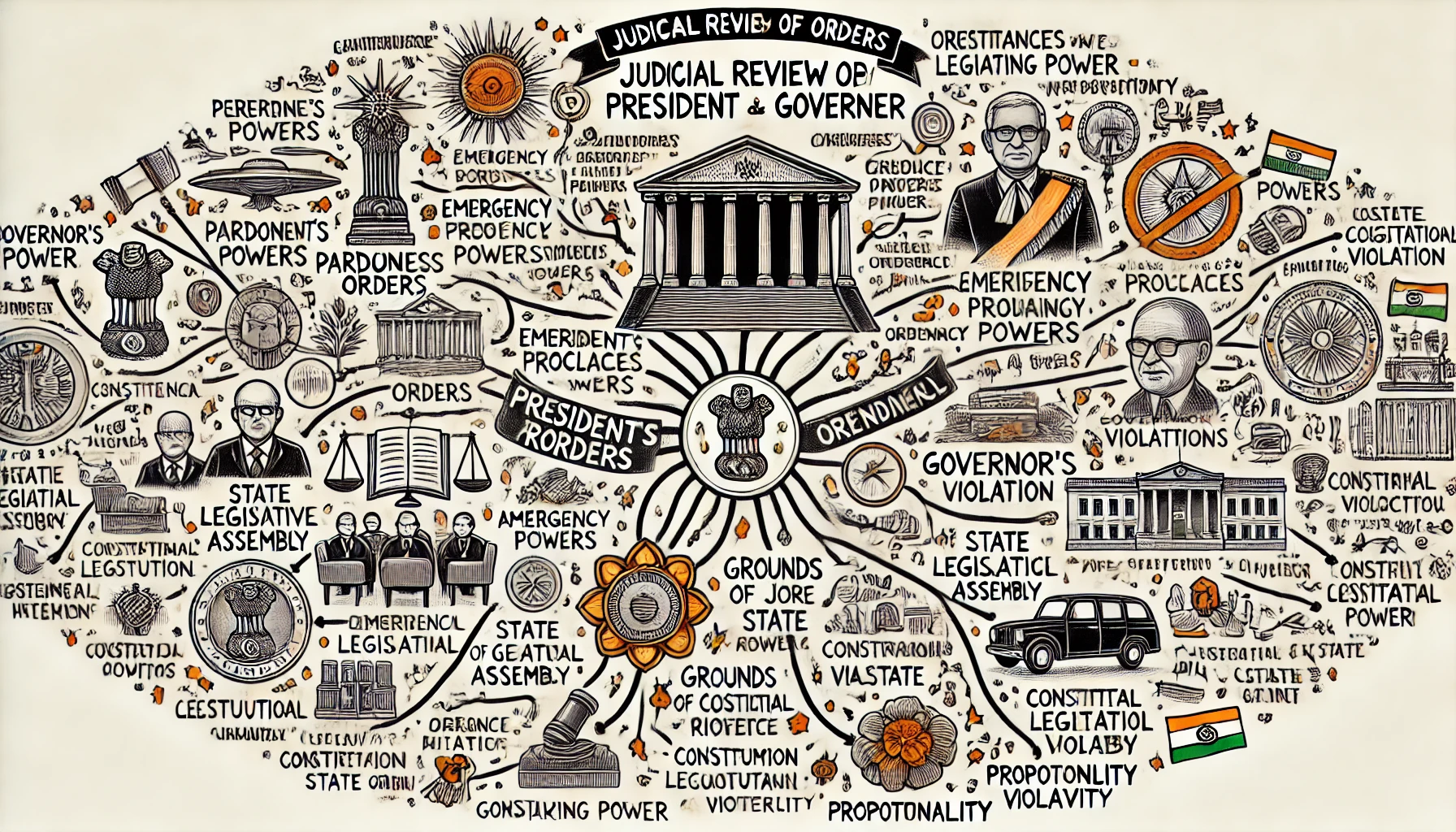
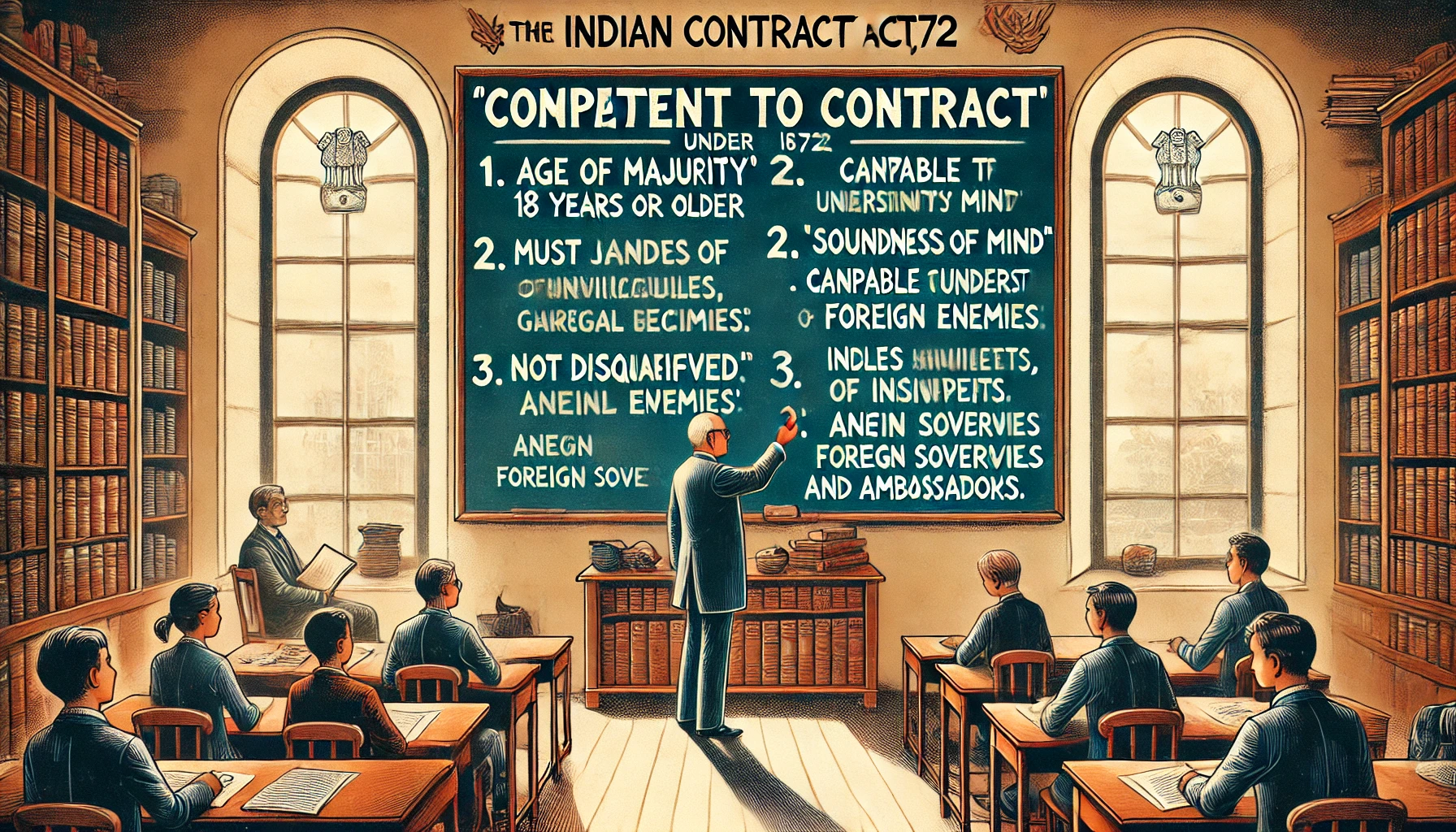

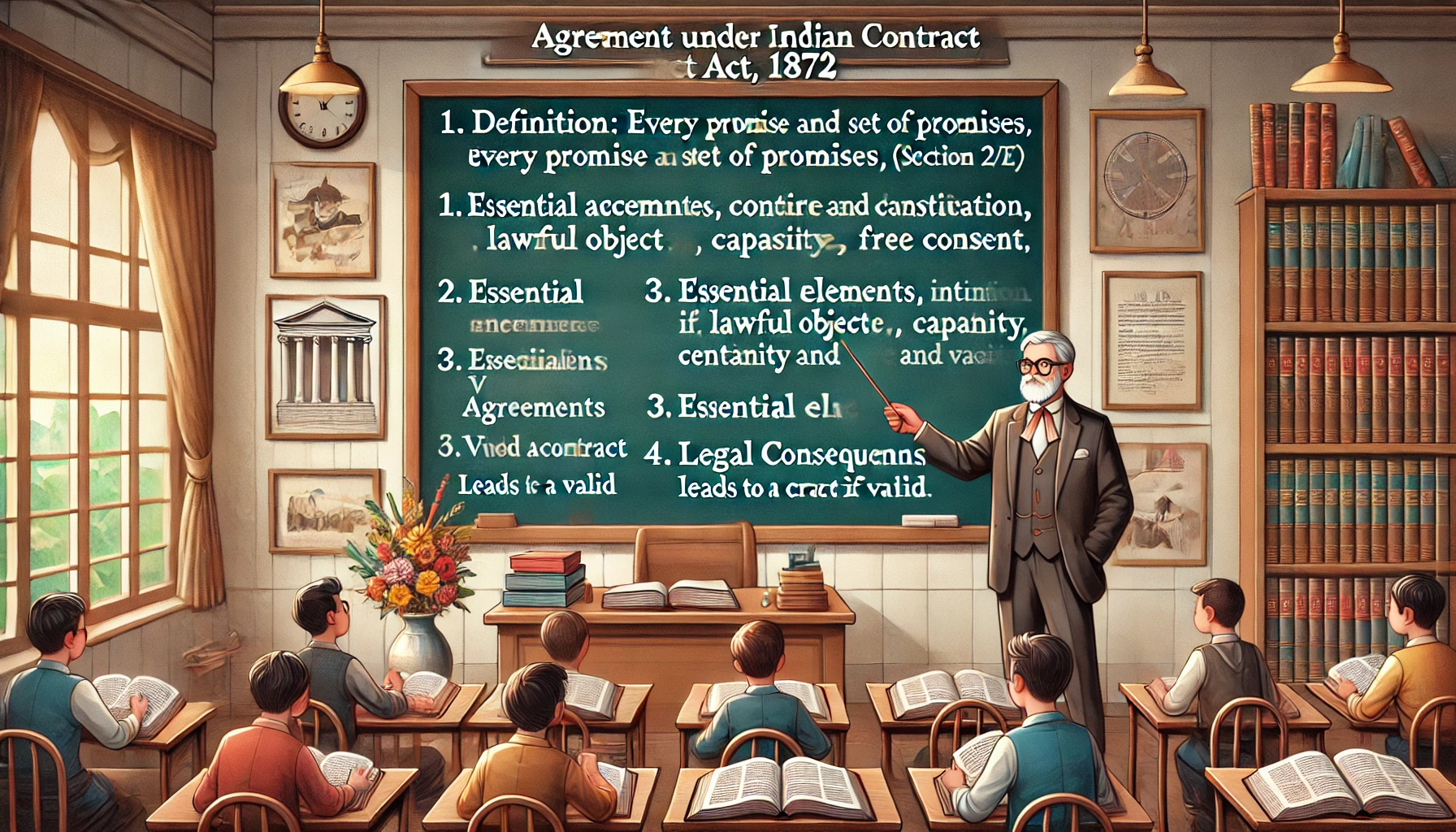
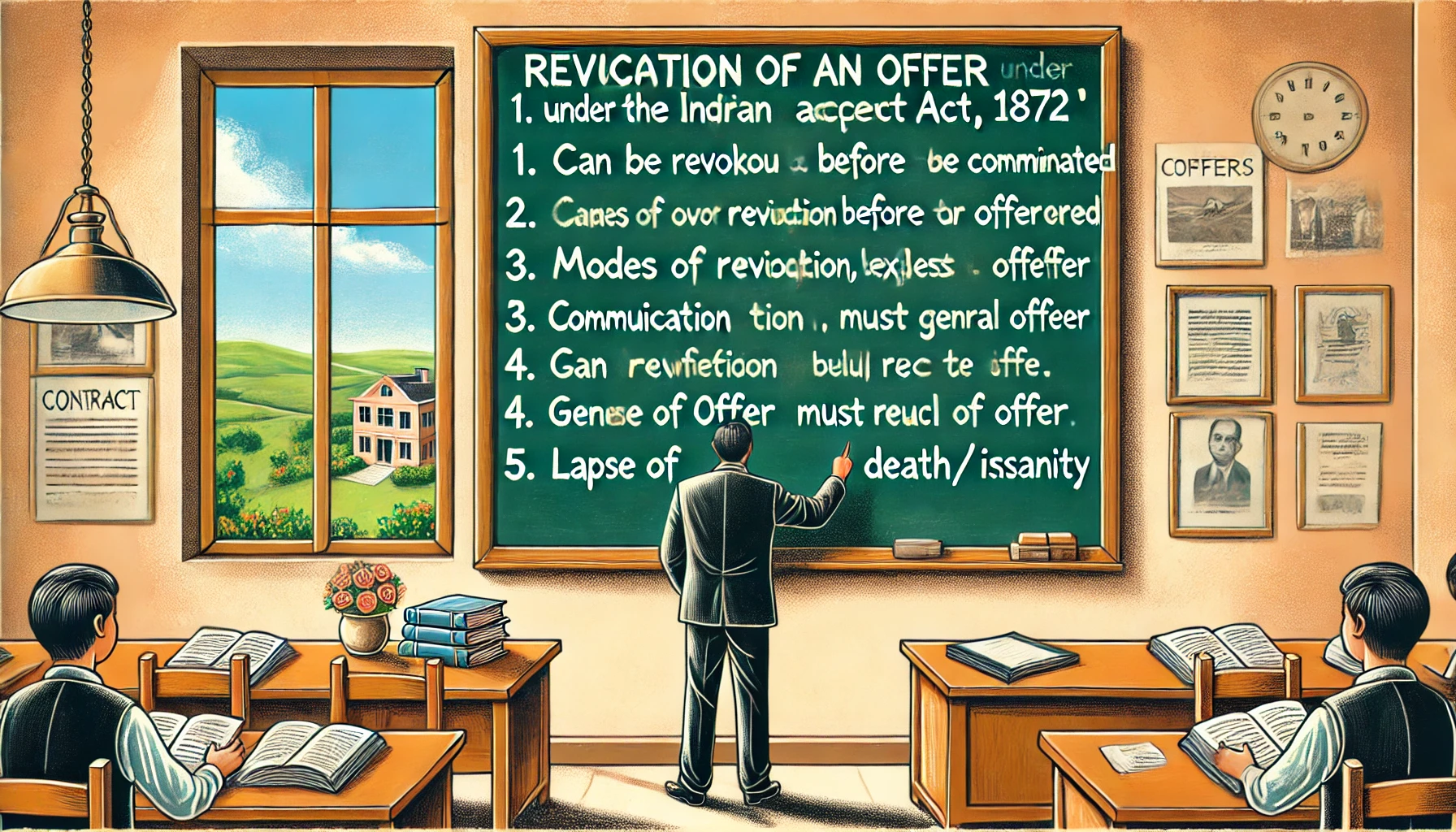





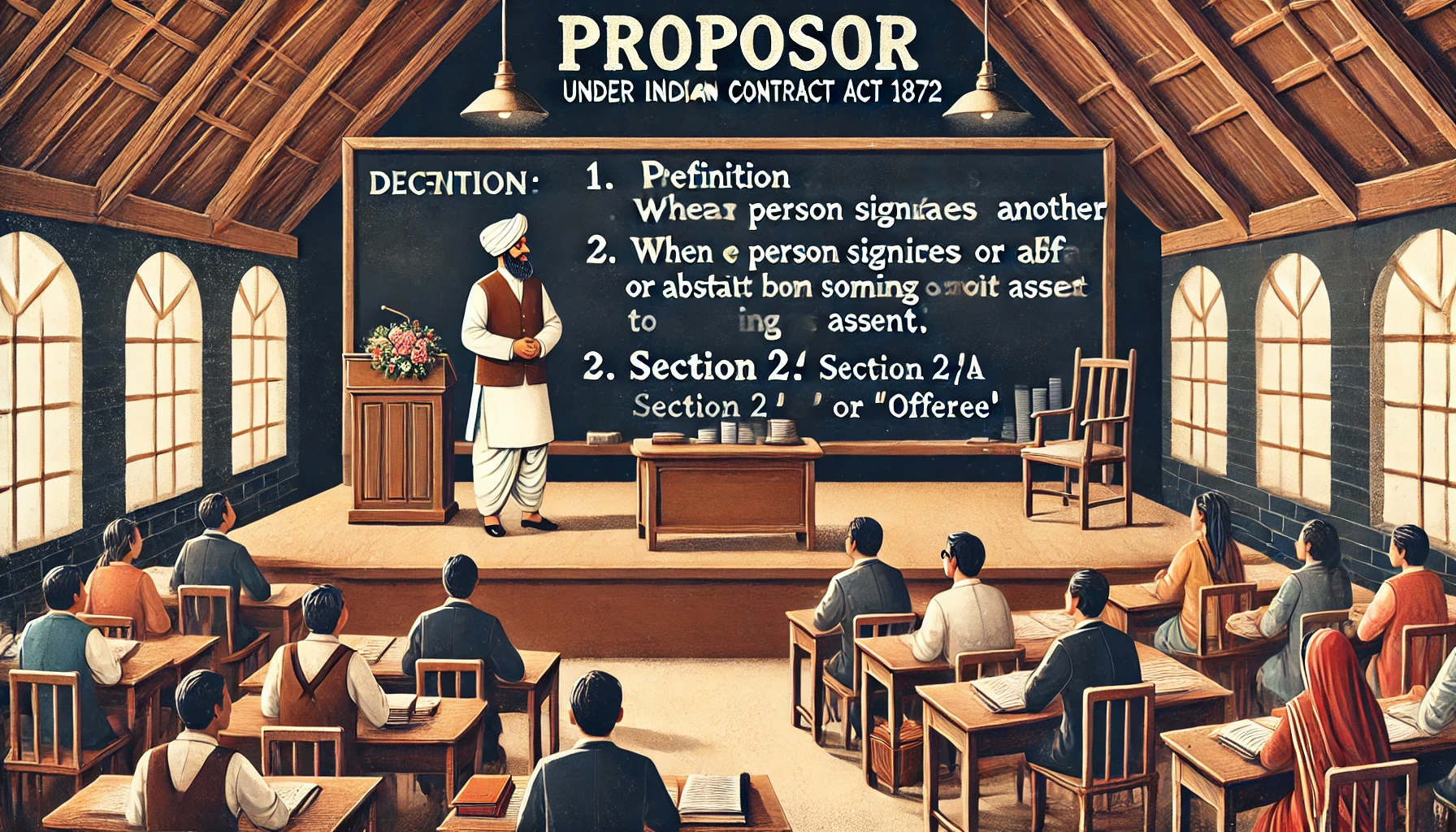






























































































Comment
Nothing for now